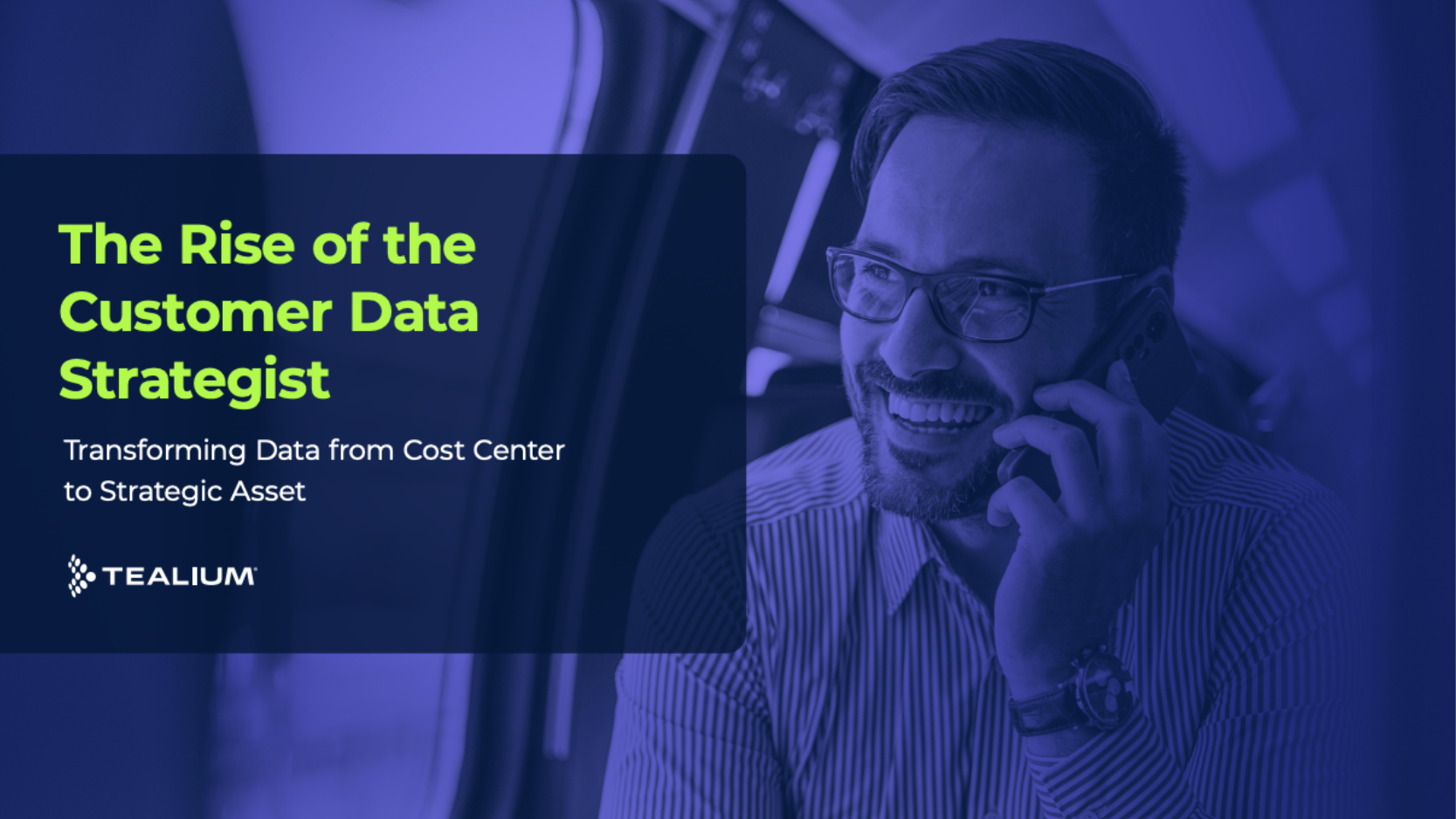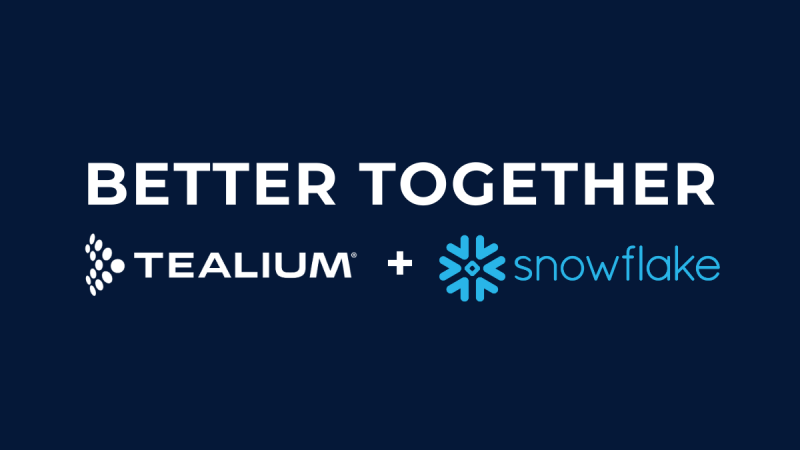It’s now less than a year before Universal Analytics (UA) will become obsolete with the arrival of Google Analytics 4 (GA4). While its announcement caused a stir at the time, marketers are swiftly coming round to the fact that although GA4 demands fundamental change in how customer data is collected and analysed, it is a shift born of necessity.
Click here to watch our recent video “Preparing for a Cookie-less Future and the move to GA4!”
Privacy at the Core
As with any new data-centric product, service, or solution, the primary questions raised will be around data confidentiality and compliance. GA4 has been purpose-built with a cookieless and privacy-centric world in mind.
The UA model relied on third-party cookies. When UA was first used, it’s fair to say few consumers knew what a cookie was, let alone what it meant. This has turned on its head with the arrival of the GDPR – cookie-consent pop-ups have put the issue literally front and centre of the online experience for consumers.
With UA reliant on third-party cookies, it becomes redundant when sitting at the root of customer analytics. GA4 relies on first-party data at the core, making this problem moot.
A Modern Analytics Engine
Universal Analytics was designed for a marketing landscape that’s now 15 years’ old. It simply wasn’t designed with a device-holding consumer in mind – mobile phones weren’t an intrinsic part of everyday life, let alone a customer journey. GA4 addresses this through a cross-platform, cross-device structure which delivers a better 360-degree understanding of the customer and their behaviour.
This understanding is deepened by the way in which GA4 treats data. Rather than sessions (as is the case in UA), it identifies events within those sessions, giving a far richer, more detailed understanding of customer behaviour. When considered alongside the ability to set identifying parameters to the events (value of purchase for example), it’s obvious how GA4 will give a far deeper insight into a customer.
Prompting Change – and a Rethink?
The arrival of GA4 will give many marketing leaders cause for thought. With a data retention period moving to a standard two months (with the ability to extend to 14 months), organisations must consider how to manage longer term data. Creating their own data warehouses standing alongside analytics solutions must be a consideration and we’ll probably see a rise in hybrid models emerging.
This shorter-term storage can force the hand though on making ‘real-time’ understanding an intrinsic part of the marketing suite. We’ve discussed before how brands need to understand their consumer today instead of six months ago based on non-contemporary data, is the secret to success. People – and their circumstance – change, and advertising needs to respond.
Marketing to Today’s Consumer
This was evident during the pandemic when, despite online and mobile purchases increasing in volume, it was through necessity rather than largesse. Wallets were hit hard, and brands with the most recent data were able to adapt marketing appropriately, while those with legacy data risked alienating the customer ‘today’ by advertising to the one pre-pandemic who might not have had such an economic hit.
The much-discussed economic downturn at the end of 2022 must act as a reason to revisit strategies from during the pandemic and ensure that customer data is as contemporary as possible.
Clean, real-time data is fundamental to this success – something which the depth and detail of data that GA4 handles can deliver.
The King is Dead, Long Live the King
There’s perhaps an element of sentimentality to the mourning of UA. It’s a model that many marketers have grown up with – it’s where teeth have been cut and where planning and analytics have become entrenched.
But GA4 is an essential evolution and a far superior proposition to UA. Marketers need to start planning for its implementation now – it’s not simply a migration job, it’s wholesale change. But the benefits (short-, medium-, and long-term), far outweigh the labour to put new systems in place.
Have a listen as we dive into organisations perspectives on how to manage these impending changes and how they are navigating a Cookie-less Future and the move to GA4!






